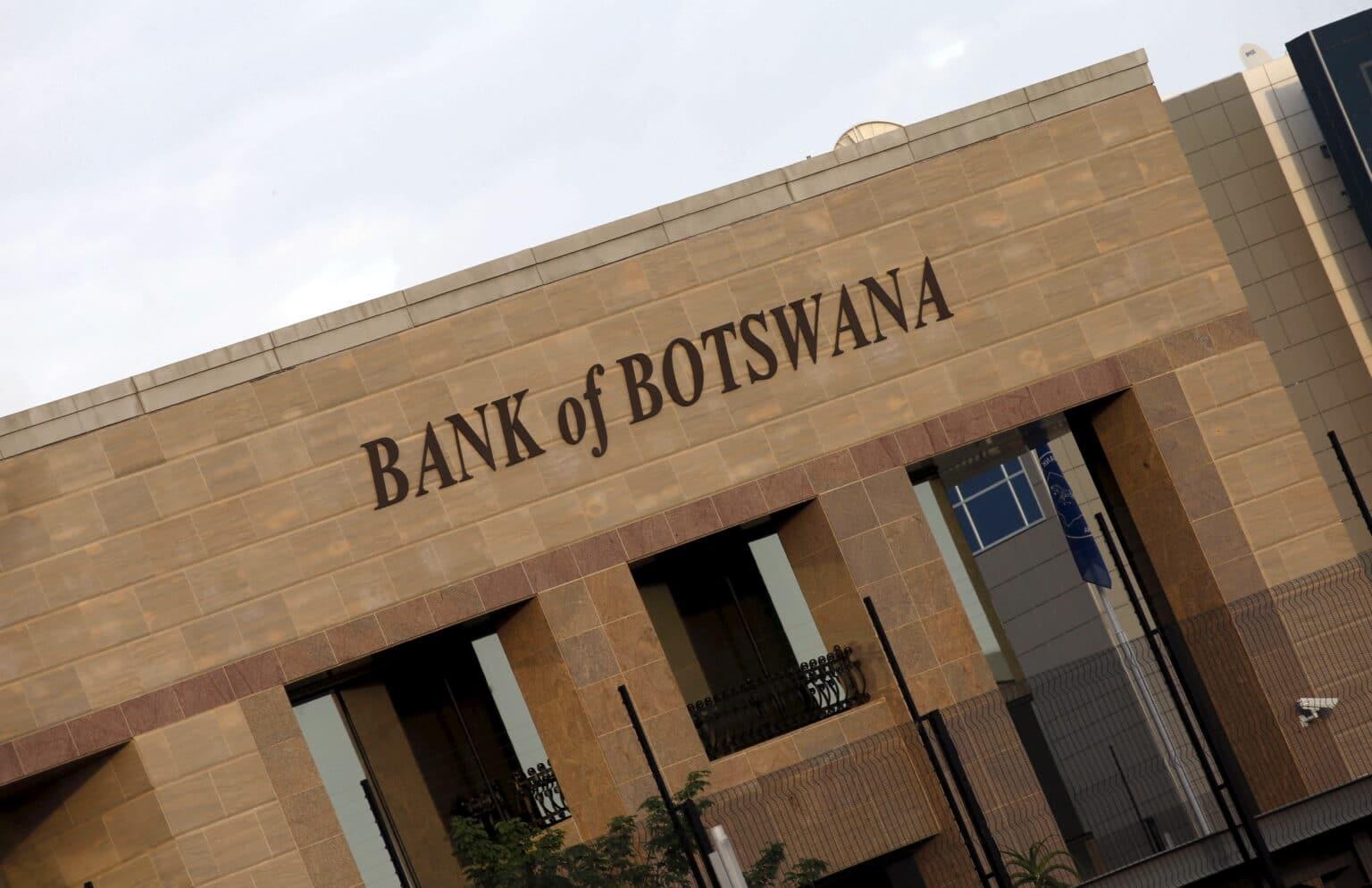Africa-Press – Botswana. The Bank of Botswana is currently in the initial stages of a feasibility study to determine whether the country should launch a Central Bank Digital Currency (CBDC).
This is according to Ruth Baitshepi, the Head of the Digitalisation and Innovation Hub at the Bank of Botswana, who spoke during a recent media briefing.
“First and foremost, we want to determine if there is even a need for a CBDC in Botswana and whether the emergence of digital assets poses any threat to the sovereignty of the Pula to necessitate a CBDC,” Baitshepi said.According to Baitshepi, the process is still quite far from a point where the bank would be able to determine whether a CBDC is introduced or not.
The apex bank has initiated exploratory work around the introduction of a Central Bank Digital Currency (CBDC), joining a growing list of African nations assessing the potential benefits and implications of sovereign digital money.Speaking during the launch of the 2023 Banking Supervision Annual Report, Bank of Botswana Governor, Moses Pelaelo, revealed that the central bank is currently conducting internal capacity-building and engaging stakeholders to assess the feasibility of launching a CBDC in the medium to long term.
“The Bank is exploring the desirability and feasibility of introducing a CBDC in Botswana. This process includes internal capacity building, research, and stakeholder consultations,” Pelaelo said.
According to the Governor, Botswana is keen to avoid “premature” deployment of a digital currency without fully understanding the legal, technical, and economic dimensions.
This approach aligns with the cautious and research-driven stance seen across Southern Africa, where central banks in Namibia, Zambia, and South Africa have all undertaken similar assessments.Notably, South Africa’s Project Khokha has seen the South African Reserve Bank (SARB) experiment with wholesale digital currency settlements, while Zambia has conducted pilot studies with the support of the Bank of International Settlements (BIS). Namibia’s central bank confirmed earlier in 2024 that it was developing a CBDC sandbox to guide further testing.
Botswana’s financial regulator has also observed global developments, especially from nations that have launched or piloted CBDCs like Nigeria (eNaira) and Ghana (eCedi), to inform its next steps.
BitKE has previously reported on Botswana’s progressive stance on financial innovation. In 2022, the country issued its first Virtual Asset Service Provider (VASP) license under the Virtual Assets Act.This made Botswana one of the few African nations with a formal legal framework for crypto and virtual asset regulation, attracting players like Yellow Card, which operates under the new regime.
Additionally, Botswana has been highlighted for its commitment to modernizing its payment systems as part of a regional push toward interoperable and inclusive digital finance ecosystems in the Southern African Development Community (SADC).
As the exploration continues, the Bank of Botswana is expected to provide further updates on its research findings and potential pilot phases. For now, its position remains exploratory, aimed at building a robust understanding before any decision on rollout is made.
For More News And Analysis About Botswana Follow Africa-Press






